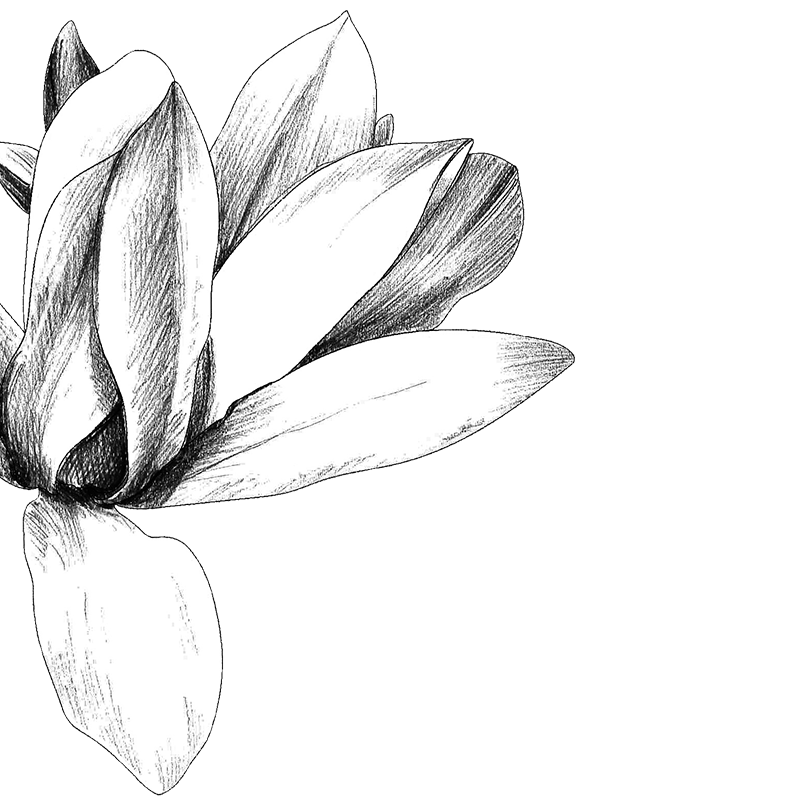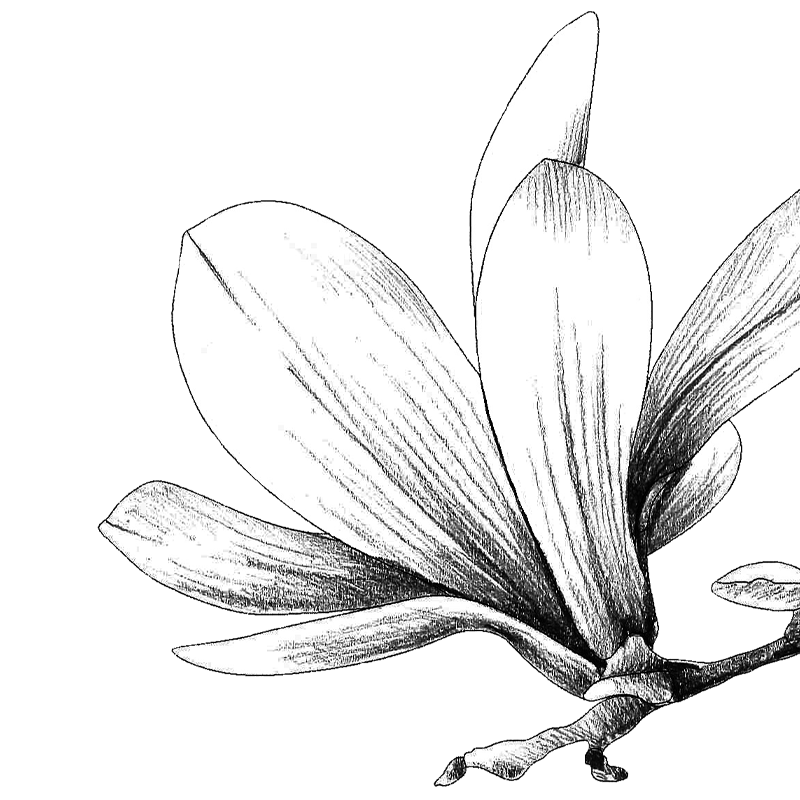

The Jewish Wedding
Kabbalat Panim
Start of the Wedding
It is customary for the chatan and kallah not to see each other for one week preceding the wedding. This increases the anticipation and excitement of the event. Therefore, prior to the wedding ceremony, the chatan and kallah greet guests separately. This is called "Kabbalat Panim." Jewish tradition likens the couple to a queen and king. The kallah will be seated on a "throne" to receive her guests, while the chatan is surrounded by guests who sing and toast him. At this time there is an Ashkenazi tradition for the mother of the bride and the mother of the groom to stand together and break a plate. The reason is to show the seriousness of the commitment ― just as a plate can never be fully repaired, so too a broken relationship can never be fully repaired.
Badekin
Veiling of the Bride
Next comes the badeken, the veiling of the kallah by the chatan. The veil symbolizes the idea of modesty and conveys the lesson that however attractive physical appearances may be, the soul and character are paramount. It is reminiscent of Rebecca covering her face before marrying Isaac (Genesis ch. 24). The Ashkenazi custom is that the chatan, accompanied by family and friends, proceeds to where the kallah is seated and places the veil over her face. This signals the groom's commitment to clothe and protect his wife.
The Chuppah
Marriage Ceremony
The wedding ceremony takes place under the chuppah (canopy), a symbol of the home that the new couple will build together. It is open on all sides, just as Abraham and Sarah had their tent open all sides to welcome people in unconditional hospitality. Under the chuppah, the Ashkenazi custom is that the kallah circles the chatan seven times. Just as the world was built in seven days, the kallah is figuratively building the walls of the couple's new world together. The number seven also symbolizes the wholeness and completeness that they cannot attain separately. The Ashkenazi custom is that the chatan and kallah wear no jewelry under the chuppah (marriage canopy). Their mutual commitment is based on who they are as people, not on any material possessions.
Kiddushin
Blessings of Betrothal
Two cups of wine are used in the wedding ceremony. The first cup accompanies the betrothal blessings, recited by the rabbi. After these are recited, the couple drinks from the cup. Wine, a symbol of joy in Jewish tradition, is associated with Kiddush, the sanctification prayer recited on Shabbat and festivals. Marriage, called Kiddushin, is the sanctification of a man and woman to each other.
Giving of the Ring
Betrothal Through The Ring
Giving of the Ring In Jewish law, a marriage becomes official when the chatan gives an object of value to the kallah. This is traditionally done with a ring. The ring should be made of plain gold, without blemishes or ornamentation (e.g. stones) ― just as it is hoped that the marriage will be one of simple beauty. The chatan now takes the wedding ring in his hand, and in clear view of two witnesses, declares to the kallah, "Behold, you are betrothed unto me with this ring, according to the law of Moses and Israel." He then places the ring on the forefinger of the bride's right hand. According to Jewish law, this is the central moment of the wedding ceremony, and at this point the couple is fully married.
Ketubah
Marriage Contract
Now comes the reading of the ketubah (marriage contract) in the original Aramaic text. The ketubah outlines the chatan's various responsibilities ― to provide his wife with food, shelter and clothing, and to be attentive to her emotional needs. Protecting the rights of a Jewish wife is so important that the marriage may not be solemnized until the contract has been completed. The document is signed by two witnesses, and has the standing of a legally binding agreement. The ketubah is the property of the kallah and she must have access to it throughout their marriage. The reading of the ketubah acts as a break between the first part of the ceremony ― Kiddushin ("betrothal"), and the latter part ― Nissuin ("marriage").
Sheva Brachos
The Seven Blessings
The Seven Blessings (Sheva Brachot) are now recited over the second cup of wine. The theme of these blessings links the chatan and kallah to our faith in God as Creator of the world, Bestower of joy and love, and the ultimate Redeemer of our people. These blessings are recited by the rabbi or other people that the families wish to honor. At the conclusion of the seven blessings, the chatan and kallah again drink some of the wine.
Breaking the Glass
Conclusion on the Ceremony
A glass is now placed on the floor, and the chatan shatters it with his foot. This serves as an expression of sadness at the destruction of the Temple in Jerusalem, and identifies the couple with the spiritual and national destiny of the Jewish people. A Jew, even at the moment of greatest rejoicing, is mindful of the Psalmist's injunction to "set Jerusalem above my highest joy." This marks the conclusion of the ceremony. With shouts of "Mazel Tov," the chatan and kallah are then given an enthusiastic reception from the guests as they leave the chuppah together.
Seudah
The Festive Meal
It is a mitzvah for guests to bring simcha (joy) to the chatan and the kallah on their wedding day. There is much music and dancing as the guests celebrate with the new couple; some guests entertain with feats of juggling and acrobatics. After the meal, Birkat Hamazon (Grace After Meals) is recited, and the Sheva Brachot are repeated. During the week following the wedding, it is customary for friends and relatives to host festive meals in honor of the chatan and kallah. This is called the week of Sheva Brachot, in reference to the blessings said at the conclusion of each of these festive meals.